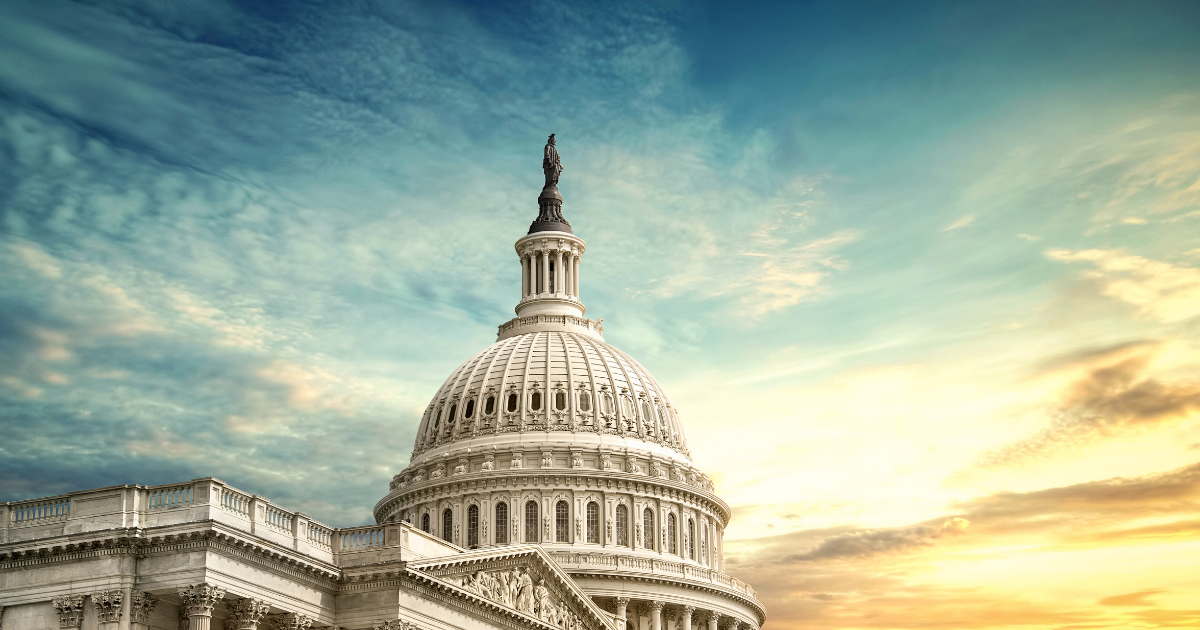U.S. Treasury Begins Crackdown on ‘DeFi’ Services
The United States Treasury Department (DOT) is seeking to continue its crackdown on financial entities that have to date not been subjected to the same anti-money laundering regulations that traditional lenders have over the course of the past decade. As Global RADAR has previously chronicled, a number of recent developments affecting the global financial system – including the collapse of FTX, the recent compliance shortcomings seen at crypto-staple Binance, as well as the ongoing turmoil facing American and European financial institutions – have culminated into even greater emphasis being placed on ensuring financial stability and security both domestically and abroad of late. As such, the Treasury has effectively widened their compliance umbrella to include so-called “DeFi markets.”
Decentralized financed, or DeFi, is an emerging model for organizing and enabling cryptocurrency-based transactions, exchanges and financial services. Its virtual asset protocols are geared towards building a new, internet-centric financial system, where blockchain technology replaces traditional intermediaries and trust mechanisms while also allowing for various forms of automated peer-to-peer transactions to take place. Essentially, DeFi aims to cut traditional banks and stock exchanges out of the financial picture, replacing the middlemen with decentralized software services. Ideally, DeFi markets are supposed to abide by the same rules that mainstream financial institutions have to with respect to regulatory compliance. In practice however, these markets have developed into tools used by financial criminals and those seeking to work around government sanctions to make and/or launder their illicit gains.
The shear growth of DeFi services at the international level has drawn the attention of a U.S. government that remains in a two decade-long battle against illicit finance. The Treasury has acknowledged that currently there are “potential gaps” that could allow DeFi to fall outside of Bank Secrecy Act (BSA) compliance requirements, essentially opening the floodgates for potential abuse. This led to the Treasury’s first ever illicit finance risk assessment conducted on DeFi, a comprehensive analysis with results ultimately released last week. In its report, the U.S. Treasury Department went as far as to say that DeFi services that are non-compliant with anti-money laundering and terrorist financing rules pose “the most significant current illicit finance risk” for both the crypto sector and beyond. The report cites findings that a multitude of illicit actors, including criminals, scammers, and members of the Democratic People’s Republic of Korea (DPRK) have consistently utilized DeFi services to transfer and launder their illicit proceeds, exploiting key vulnerabilities including the fact that many DeFi services that have AML/CFT and sanctions obligations have failed to implement them appropriately.3 Other identified vulnerabilities include “the potential for some DeFi services to be out of scope for existing AML/CFT obligations, weak or non-existent AML/CFT controls for DeFi services in other jurisdictions, and poor cybersecurity controls by DeFi services, which enable the theft of funds.”3
“One of the things we are assessing … is ways we can enhance the U.S. AML/CFT regime to close those gaps to the extent that they exist and are enabling DeFi services to at least feel as if they are outside the current regulatory scope,” said Brian Nelson, head of the Treasury Department’s Office of Terrorism and Financial Intelligence.2 “We’ve seen, unfortunately, significant use of DeFi services in the context of these large heists, and in the context of proliferation finance and other forms of illicit finance,” Nelson continued. “It’s a sector that’s growing very rapidly, and the risk is growing along with it.”
The report further details illicit financial threats and possible mitigation strategies to be taken by regulators and financial institutions alike to decrease risk and protect the integrity of the national financial system, while also allowing for the benefits associated with DeFi to ultimately be experienced. The findings of this novel analysis also have lead analysts to believe that more stringent regulations and penalties for those abusing these markets are warranted on behalf of federal agencies and domestic watchdogs. The department recommends a formal assessment of “possible enhancements” to U.S. anti-money laundering (AML) requirements and the rules for countering the financing of terrorism (CFT) as they should be applied to DeFi services, while also calling for input from the private sector to assist in this process.1 Ultimately, it is the goal of the Treasury to bring DeFi markets up to the same exact standards that banks are held to with all potential loopholes closed. All told, the report lends one to believe that additional federal government involvement with respect to transaction surveillance and supervision over DeFi markets is likely high on the agenda for the remainder of 2023. With the United States government feeling significant pressure to reign in unregulated markets in wake of the ongoing turmoil plaguing the economy, time will tell how quickly these new measures might come to fruition.
The Treasury’s 2023 DeFi Illicit Finance Risk Assessment can be found in its entirety here.
Citations
- Handagama, Sandali, and Jesse Hamilton. “U.S. Treasury Warns Defi Is Used by North Korea, Scammers to Launder Dirty Money.” CoinDesk Latest Headlines RSS, CoinDesk, 6 Apr. 2023.
- Hardy, Benjamin. “US Officials Warn DeFi Services: Follow AML Rules or Face Consequences.” Money Laundering, 6 Apr. 2023.
- “Treasury Releases 2023 Defi Illicit Finance Risk Assessment.” U.S. Department of the Treasury, 6 Apr. 2023.

